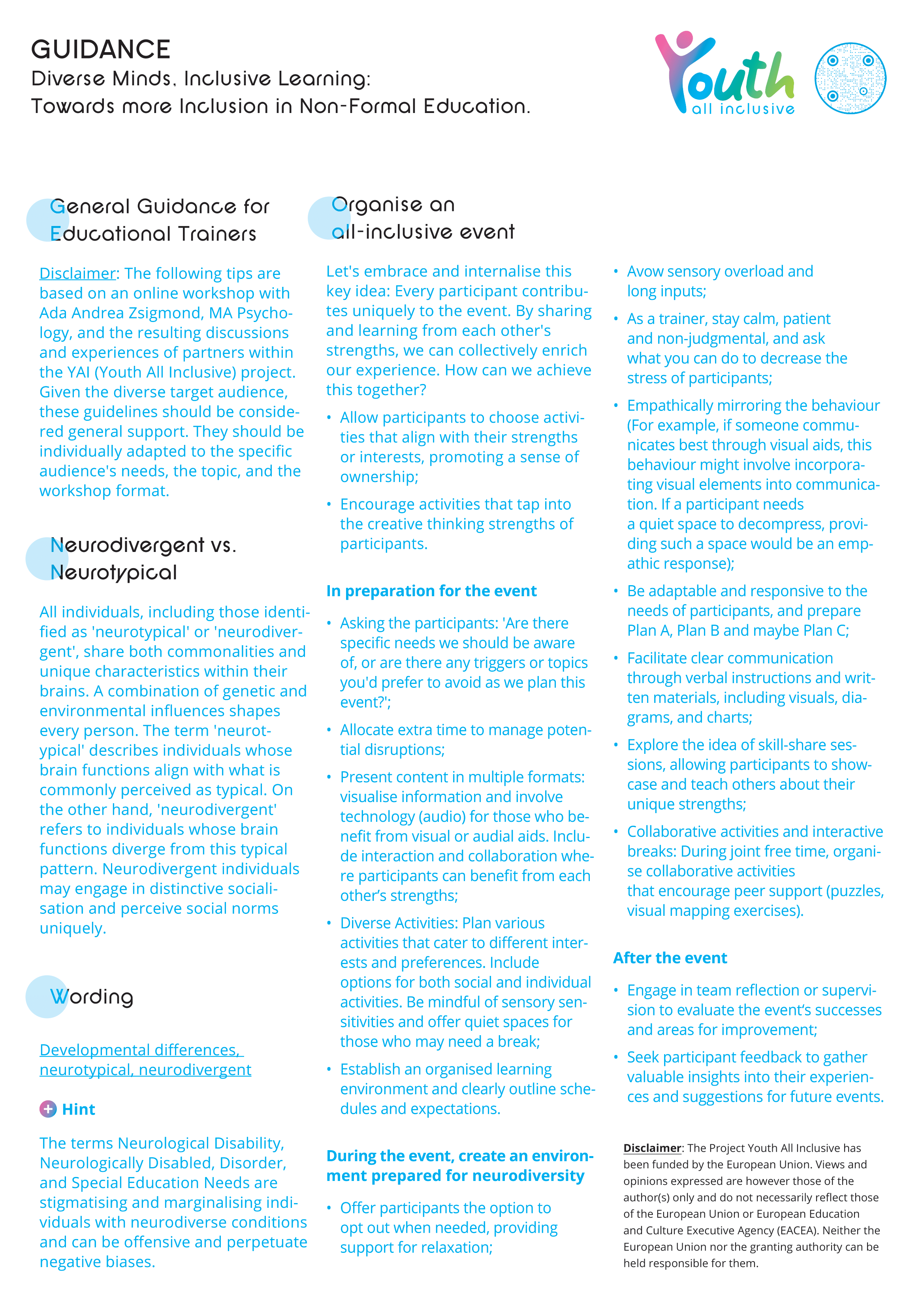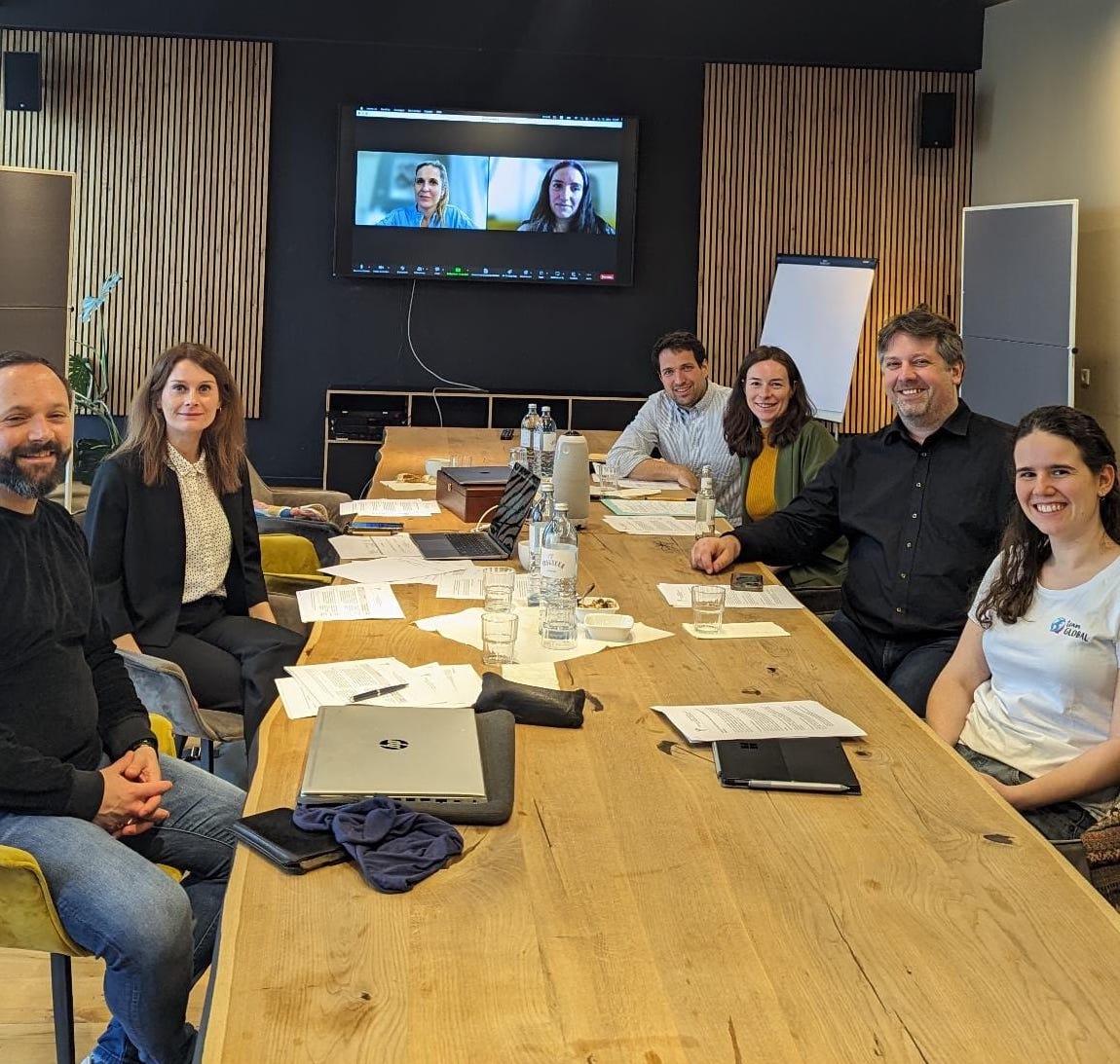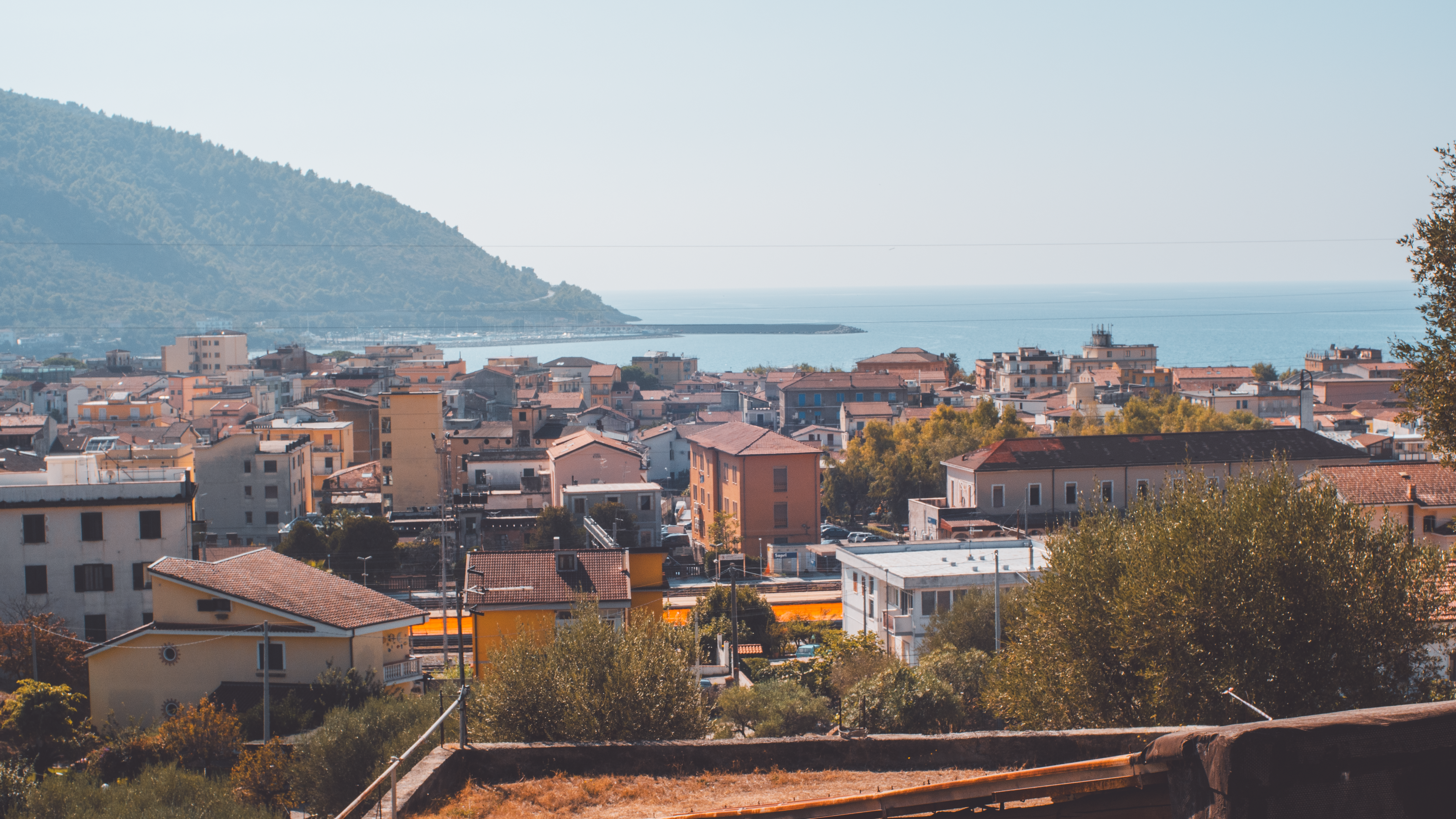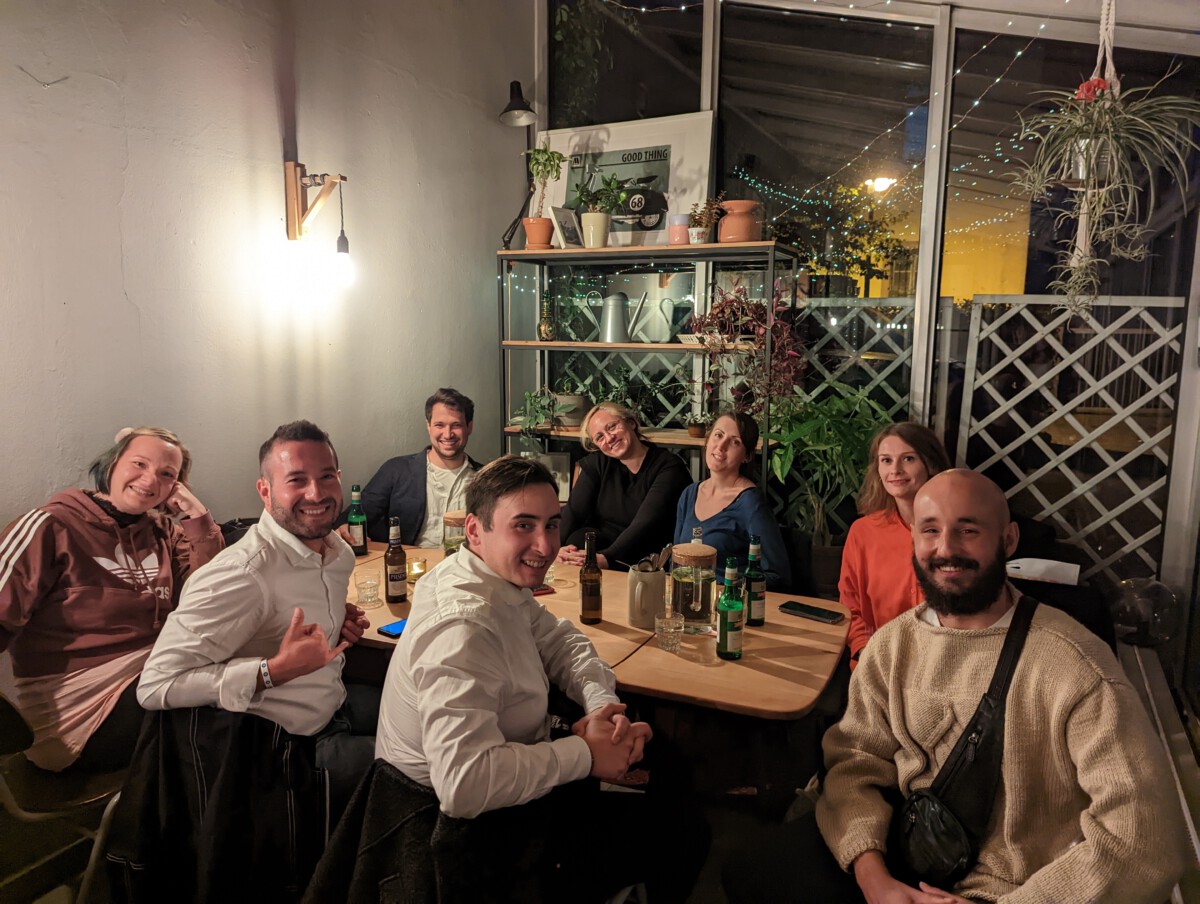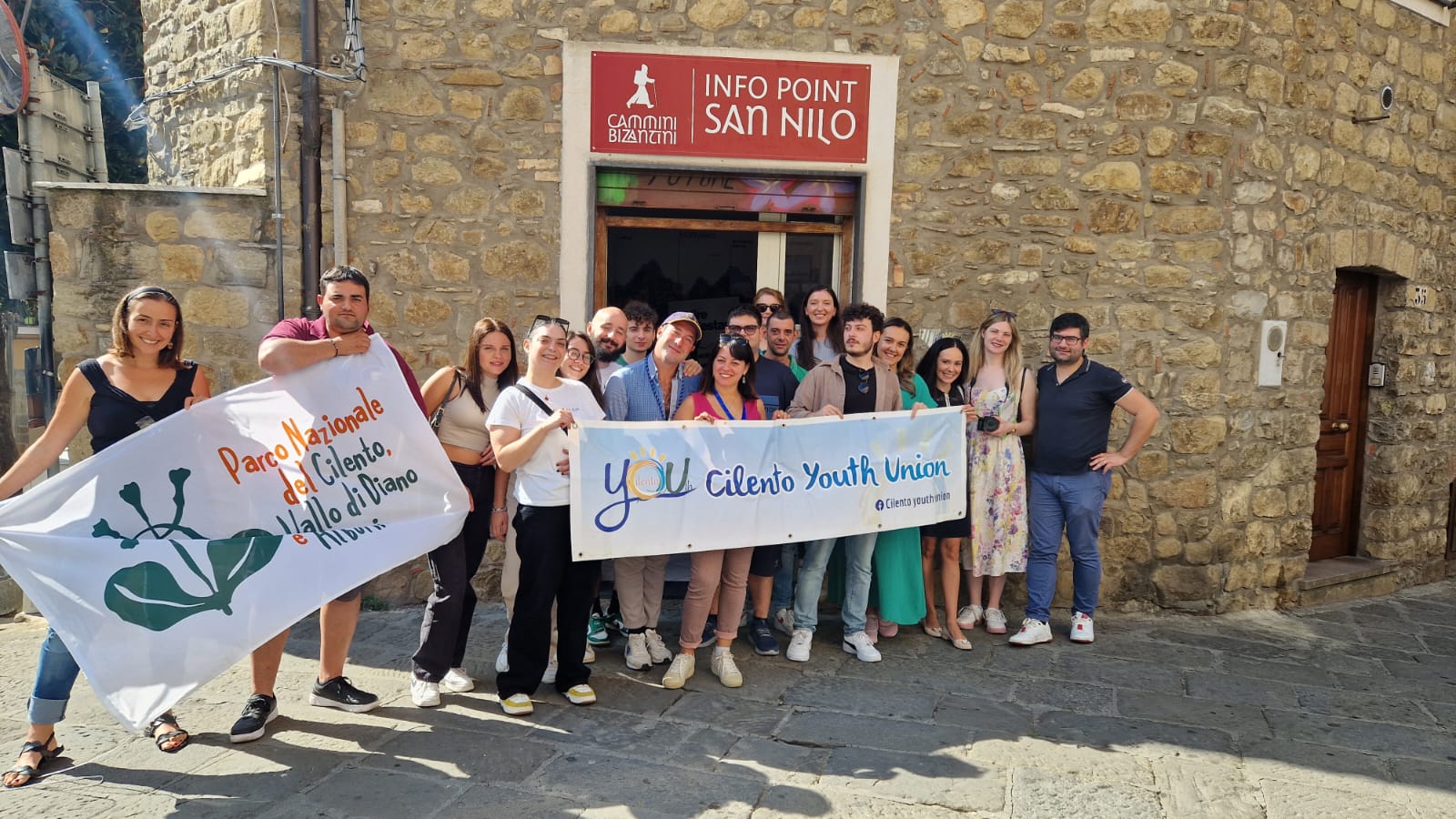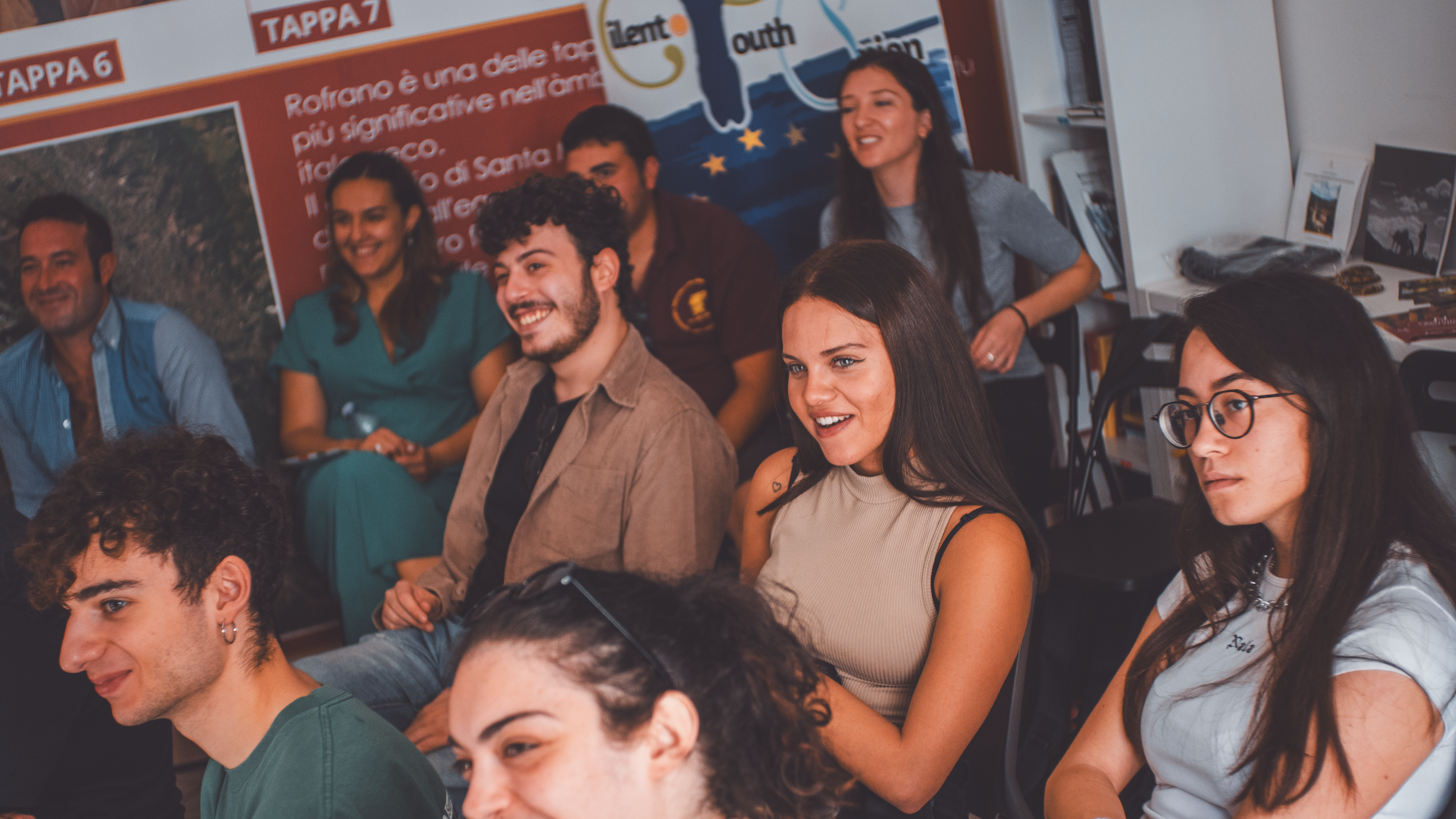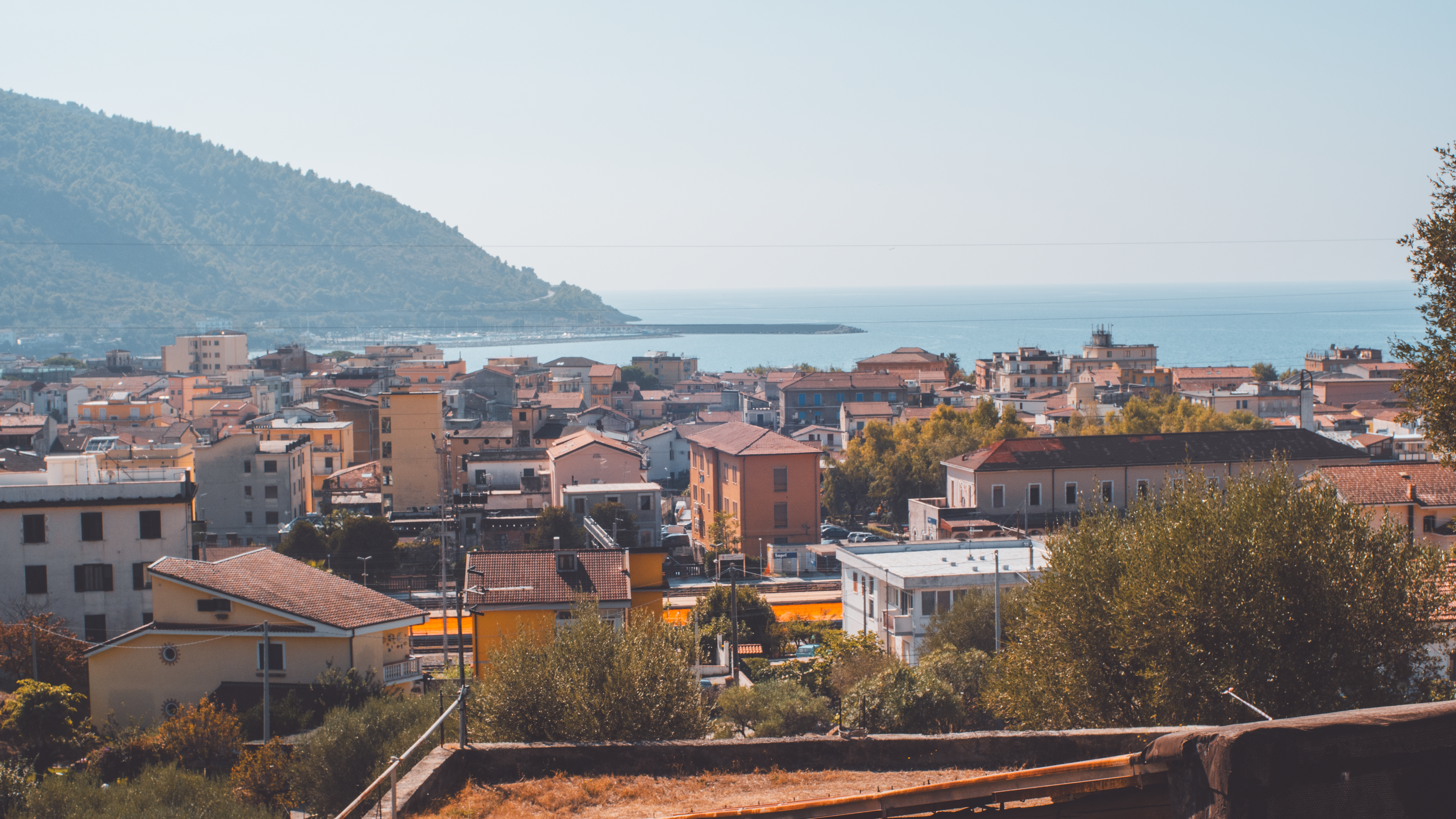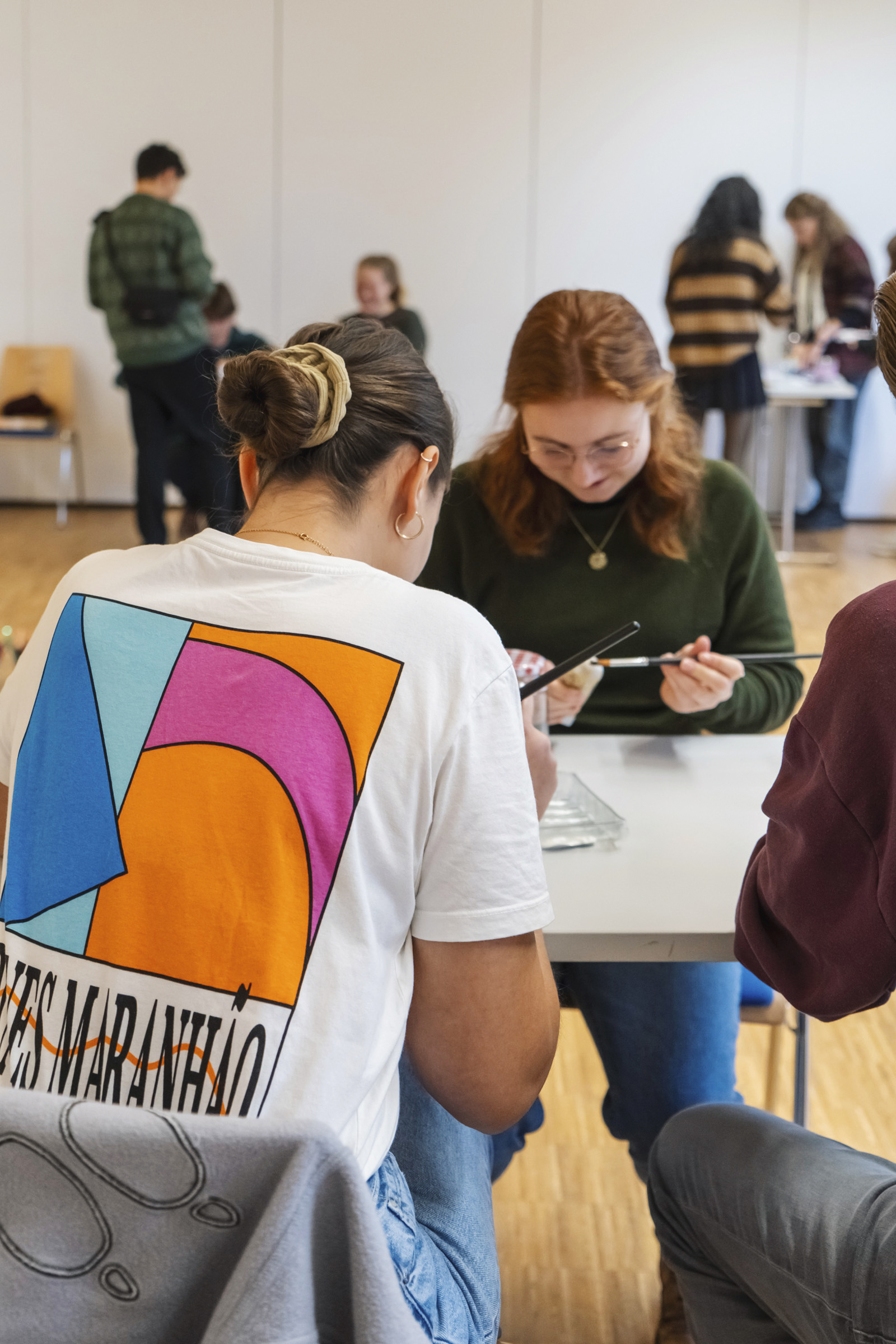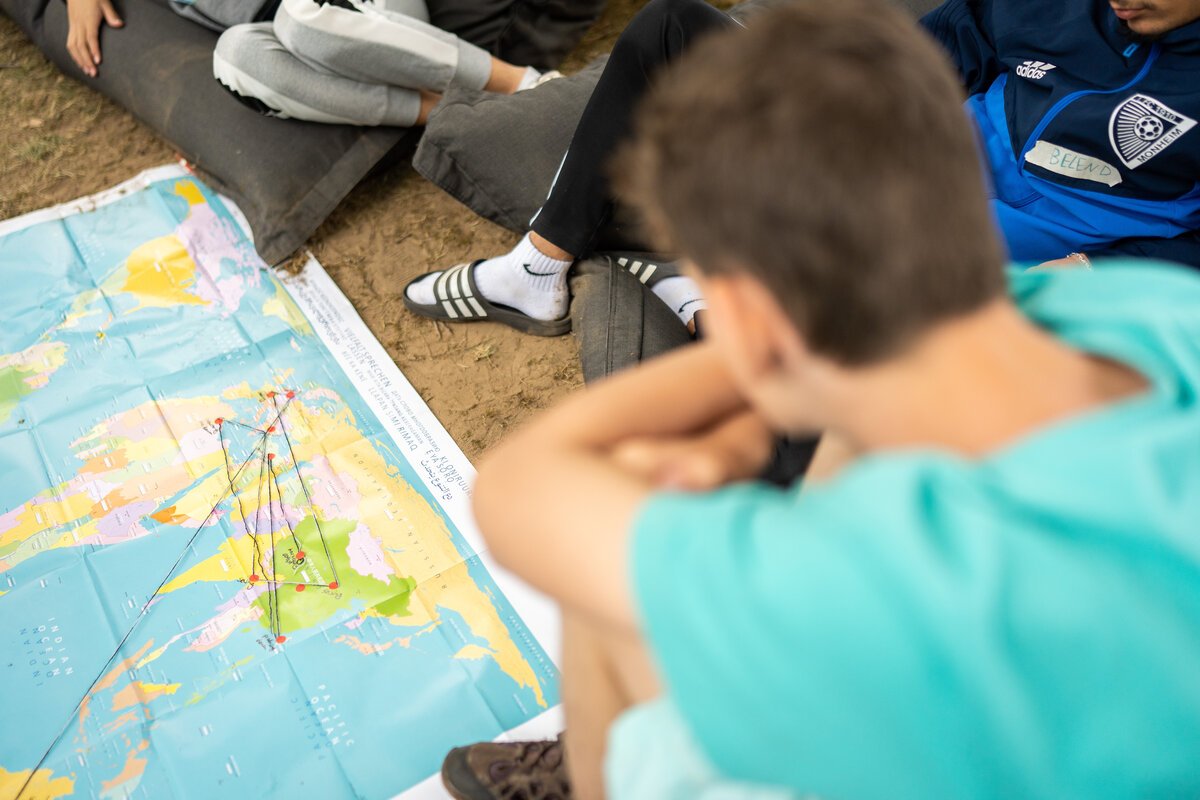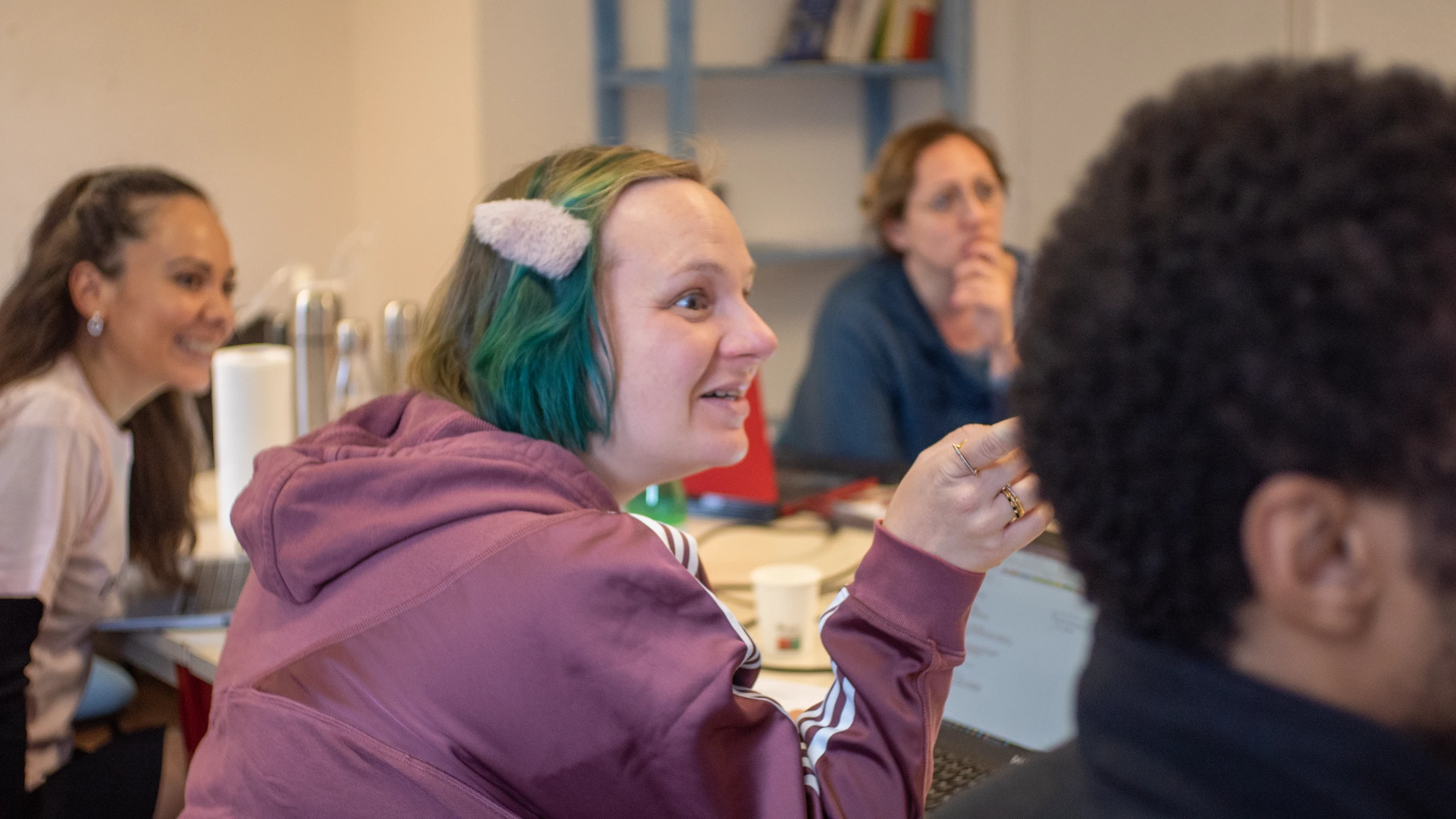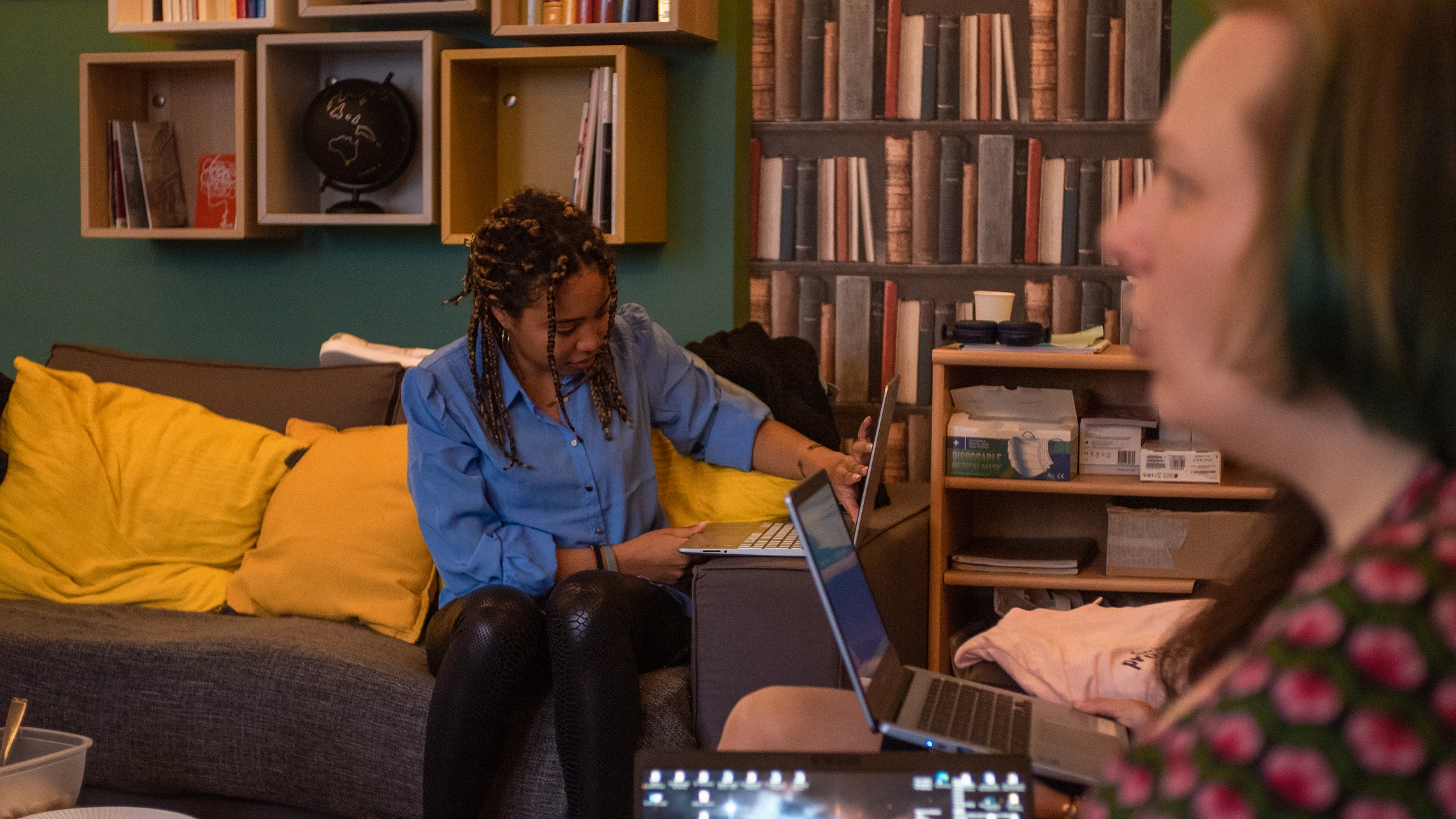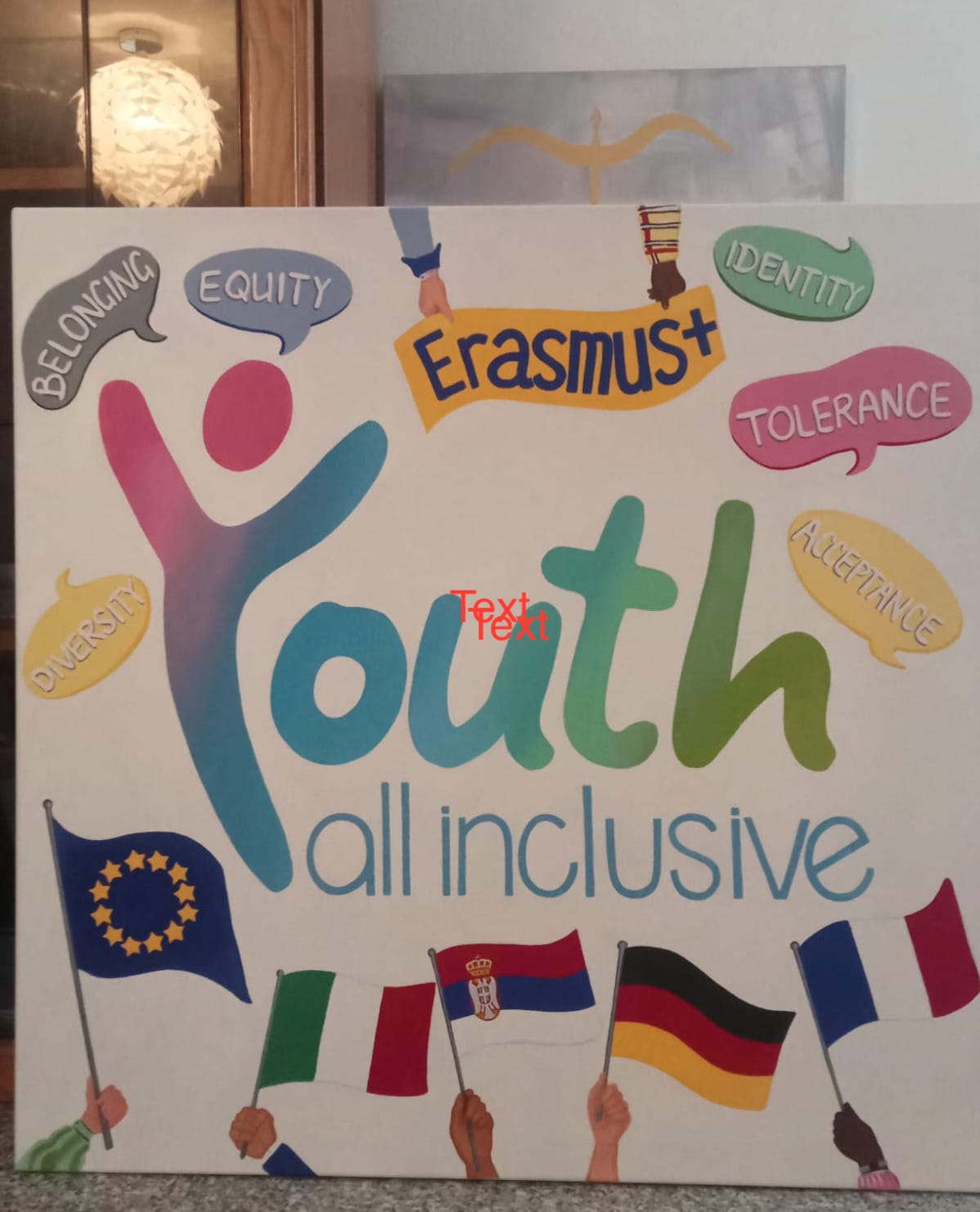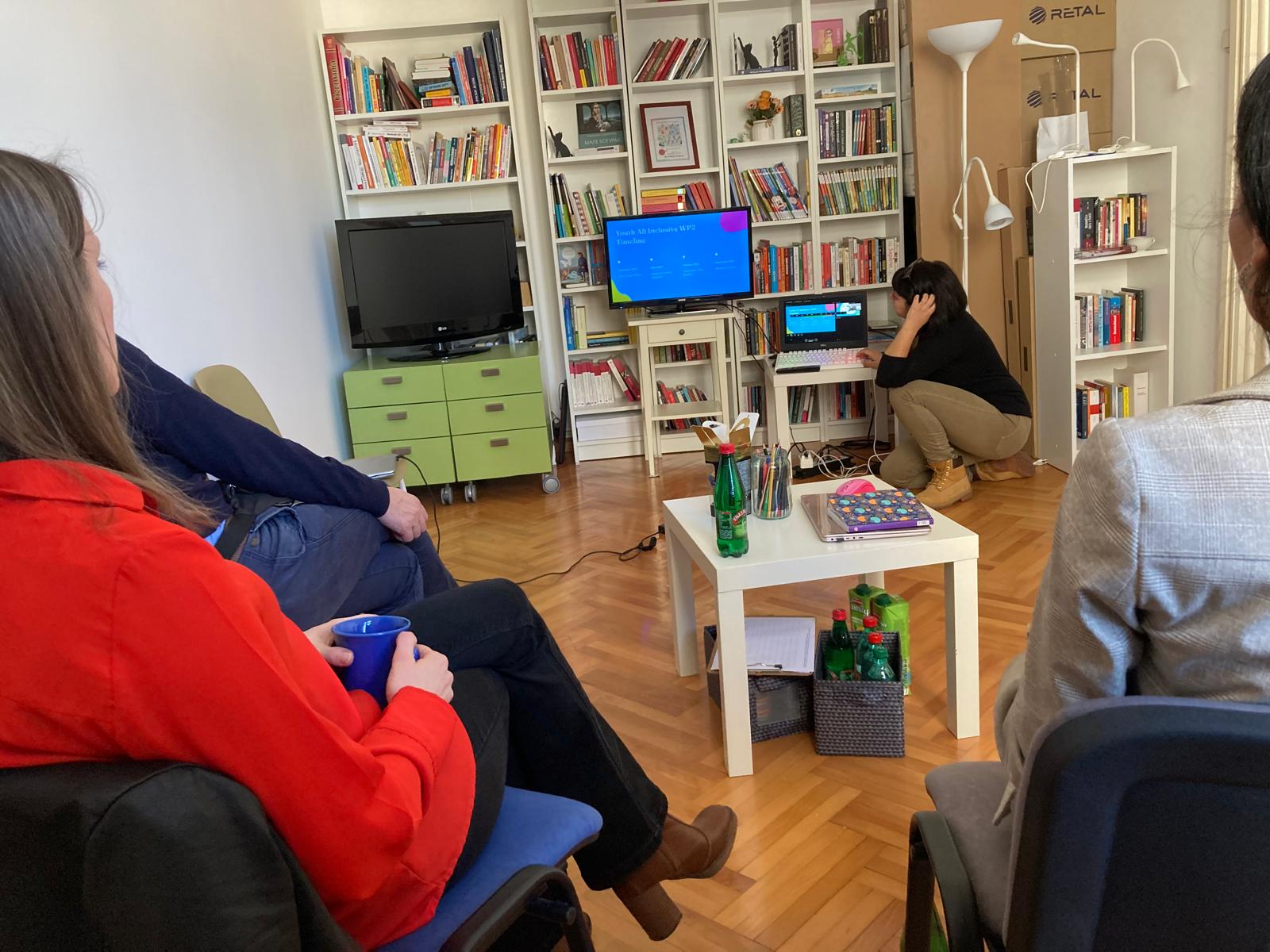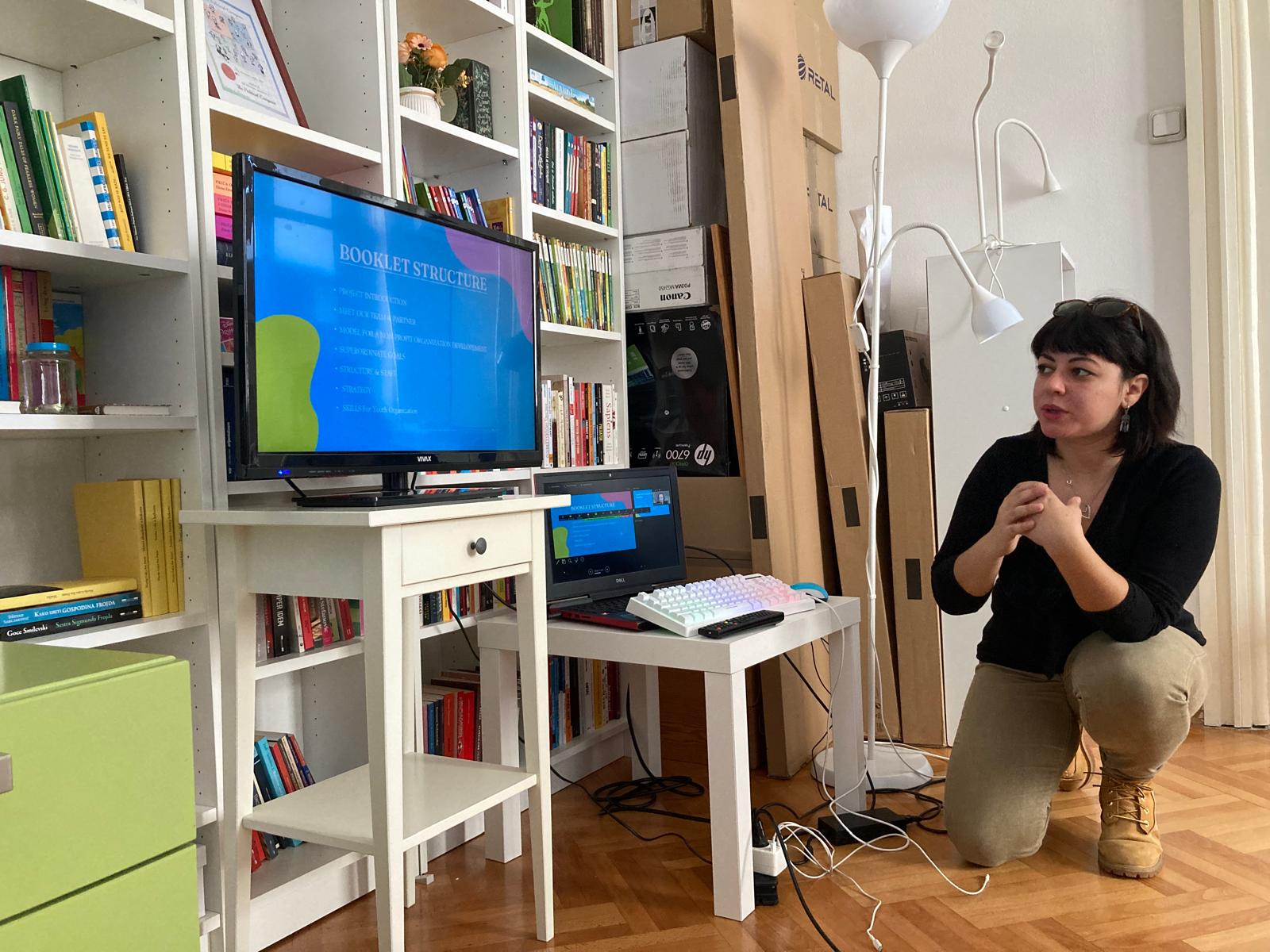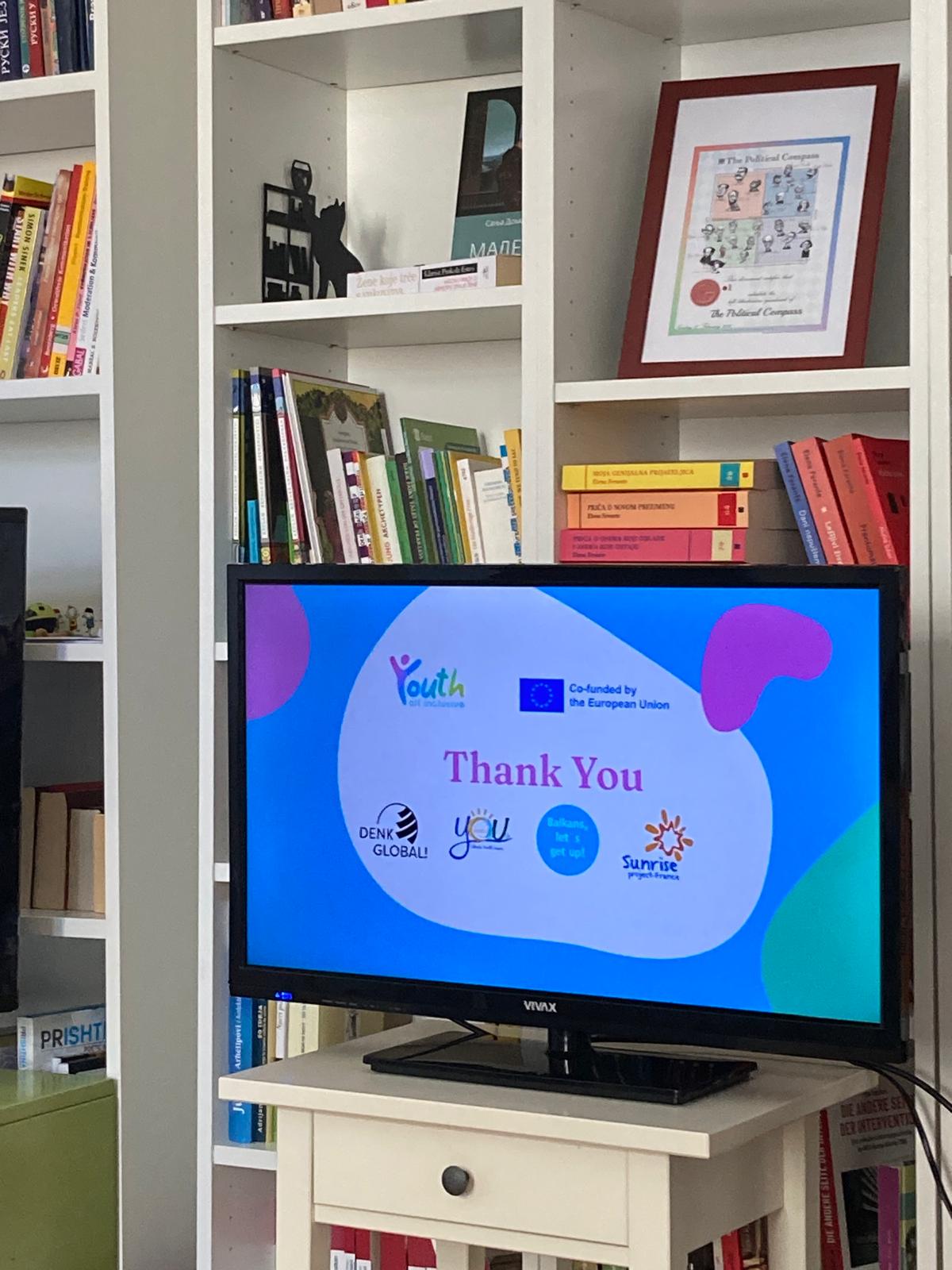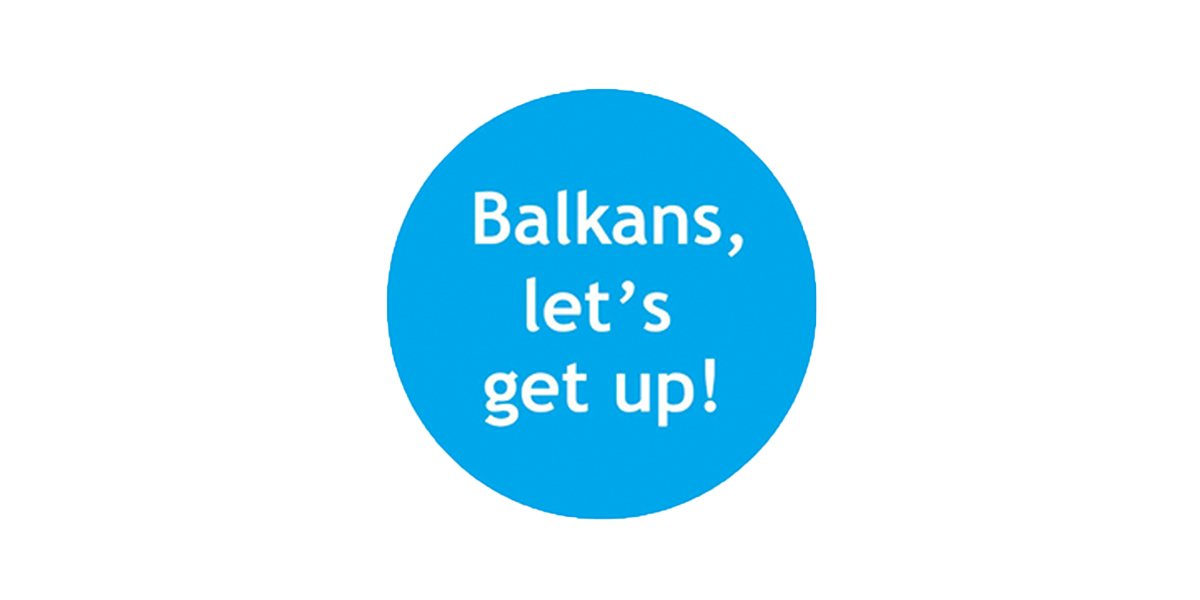
ABOUT YOUTH ALL INCLUSIVE
Our project aims at methodical cooperation between partners of different regions and expertise, who are all facing the challenge of dealing with increasingly unequal educational opportunities. The different experiences and competencies from grass roots educational work are to be used to enable equal opportunities and participation in society through educational inclusion in the interplay of digitalization-participation-transnationality. Ultimately, this should lead to the inclusion of disadvantaged young people in the European project and to their representation in Europe.
TOWARDS MORE INCLUSION IN NON-FORMAL EDUCATION –
12 PEER-REVIEWED METHODS
12 PEER-REVIEWED METHODS
The Covid-19 pandemic has highlighted and exacerbated pre-existing inequalities in educational opportunities for young people across Europe, exacerbating these disparities. The impact of this crisis goes beyond individual prospects and threatens the cohesion and stability of European society.
During the project implementation, the four partners were enabled to learn from each other with the main aim to improve their European, national and regional impact. The partners identified gaps and opportunities in their organizational structure and explored approaches to work on them. This led to an improvement in the impact of activities, projects, funding applications and political lobbying through organizational learning.
As a next step, the consortium has developed a standardized set of methods (toolbox) and a harmonized approach for the development of future methods (how-to guidance). The partners have focused their work and methods on the needs of young people with fewer opportunities, with a particular focus on young people with neurodiverse capabilities. The methods include tips and tricks for working with diverse young people from disadvantaged backgrounds.
The Methods section presents examples of non-formal education methods curated by the four partners implementing the project. Each method, distinct in format and structure, is designed to meet specific learning objectives and to adapt to different learning environments. The variety in approaches not only enriches the learning experience but also highlights the advantages of adaptability and targeted outcomes. These methods demonstrate that educational effectiveness often stems from embracing diverse educational structures tailored to specific needs and goals. Readers are encouraged to explore these varied techniques to enhance their understanding and application of non-formal education, learning from each method’s unique application and the strategic purpose it serves.
Each of the non-formal education methods included in this tool-kit is tailored to specific learning objectives, highlighting their different formats and structures.
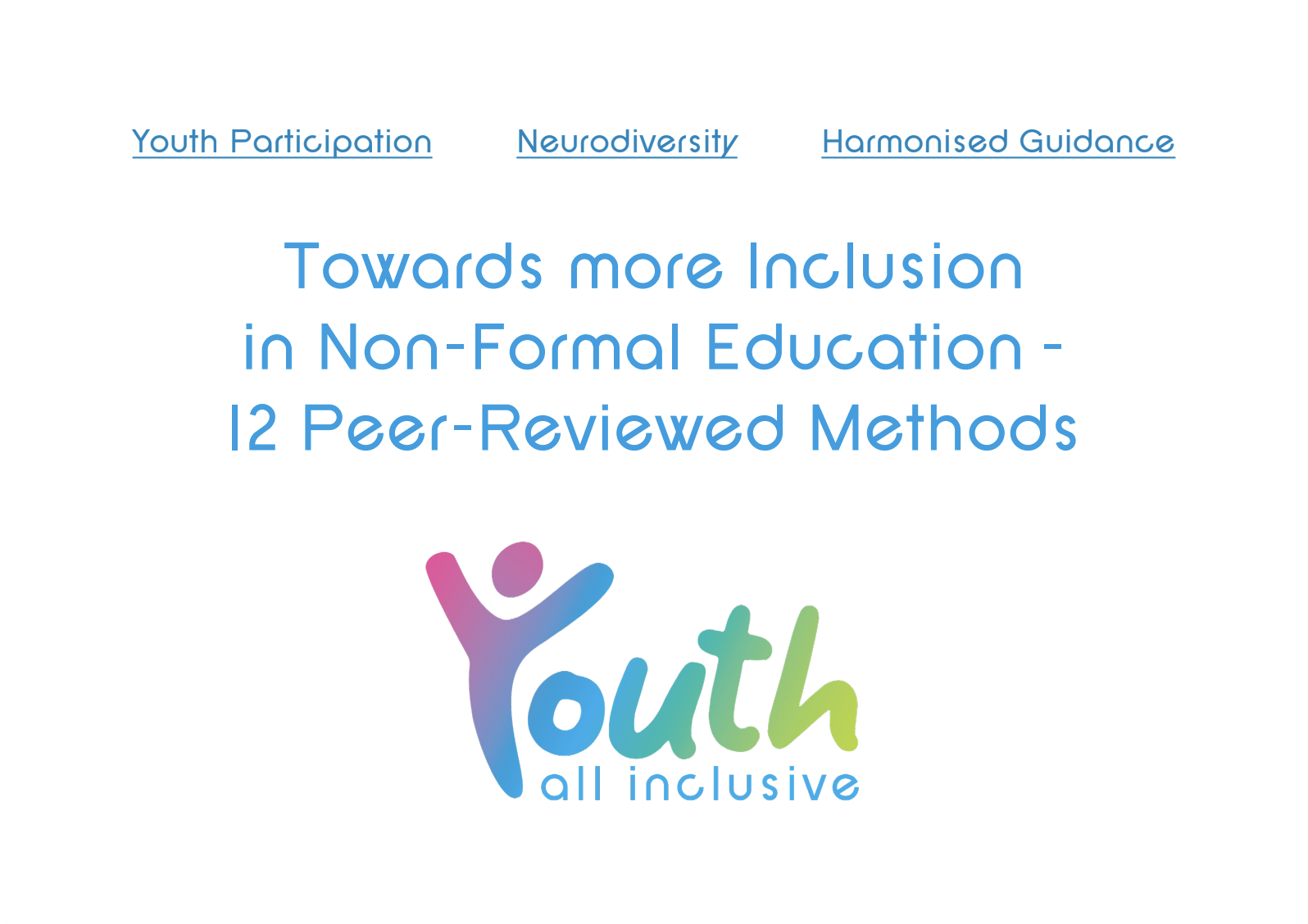
OUR COMMITMENT TO EDUCATIONAL INCLUSION TRANSCENDS BORDERS, ENSURING THAT EVERY YOUNG PERSON, REGARDLESS OF BACKGROUND, HAS THE OPPORTUNITY TO THRIVE AND CONTRIBUTE TO A MORE COHESIVE AND RESILIENT SOCIETY.
YOUTH ALL INCLUSIVE INTERACTIVE TOOLBOX
The consortium has built on the foundation of the overall work in the project to create the present document, which the reader can explore as an interactive toolbox. It’s designed to be user-friendly and engaging for the wider public, incorporating interactive elements that bring the content to life.
You can find Additional Resources here
Among these features, you’ll find short videos that provide a visual and auditory introduction to each kind of method, making complex ideas easier to grasp for implementation.
Interactive feedback form
Additionally, we’ve included an interactive feedback form that invites you to share your thoughts, participate in peer reviews, and contribute to the ongoing enhancement of each method. This isn’t just a static collection of information; it’s a dynamic platform that grows and improves through valuable input of youth workers and educational experts all over Europe.
OUR PARTNER MEETINGS AND WORKSHOPS
IMPLEMENTED BY

Denk Global!
DENK GLOBAL! (DG!) is a non-profit organisation, based in Mannheim (Germany), dedicated to promoting social dialogues on global issues. It contributes to the understanding of current challenges and participates in the development of good solutions for a better future. Human rights, democracy and diversity are at the heart of all its activities.
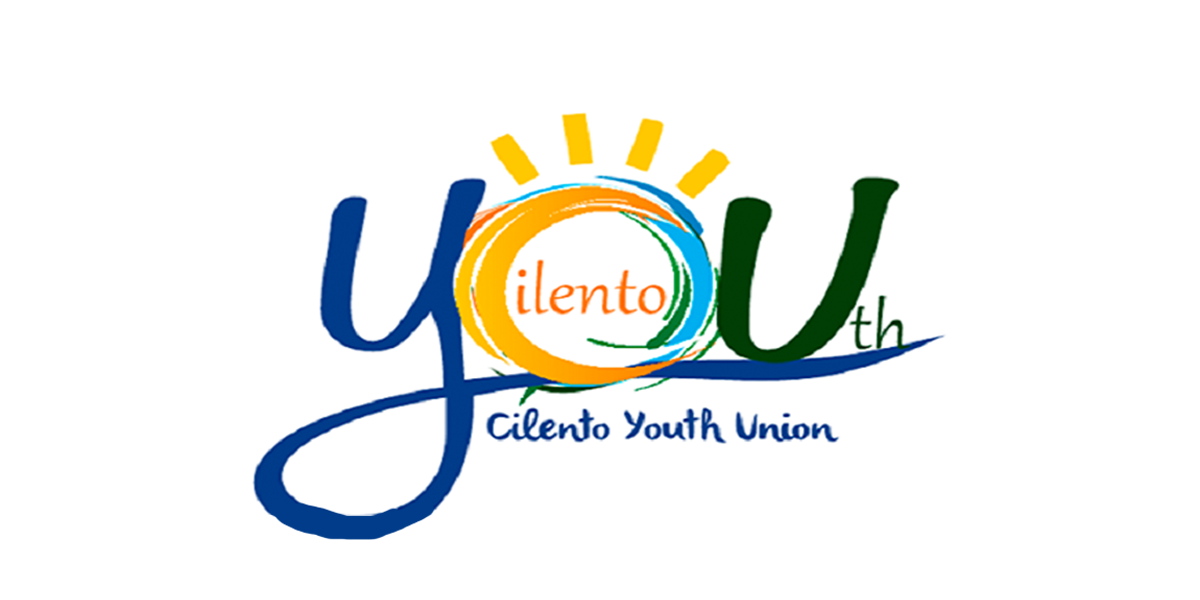
Cilento Youth Union
Cilento Youth Union is a non-profit organization that started in Rofrano (SA) in 2015, targeting Italian youth with fewer opportunities from south of Italy and specifically from Cilento area. The organization was recently created under the initiative of active local young people which wanted to become part of European programs Life Long Learning projects both in formal and informal contexts.
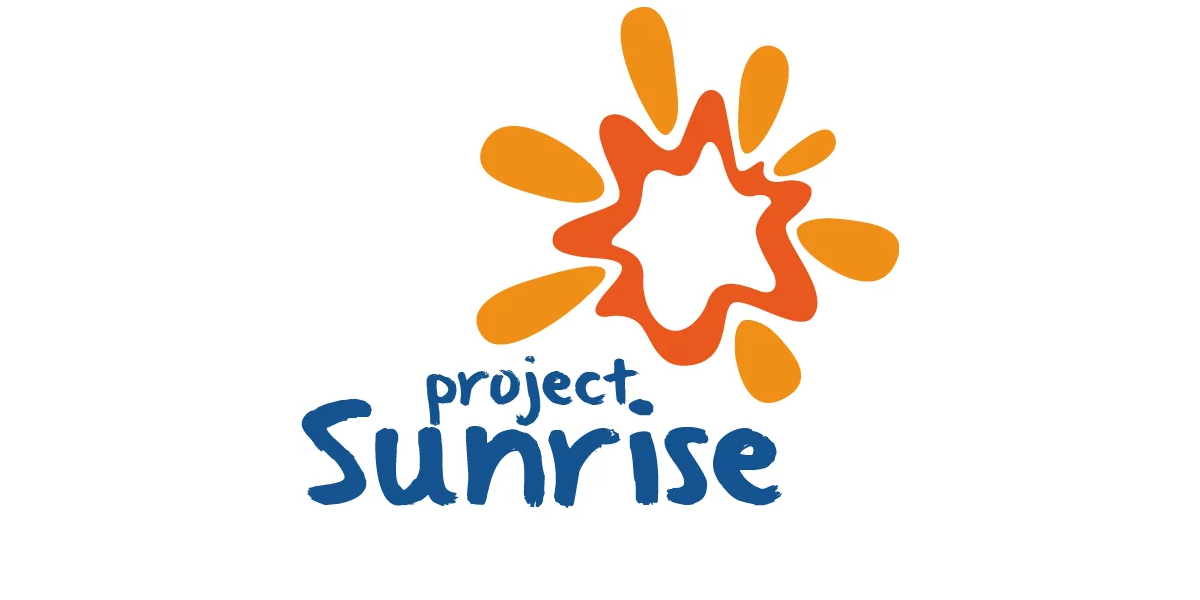
Project Sunrise France
Project Sunrise France is youth non-governmental association based in Villeneuve d’Ascq, France. The organisation implements actions both at local and international level. The activities undertaken by the organization aim to ensure long-term fulfilment of youngsters, inspire lifelong learning and to promote tolerance and integration in a globalised world. Sunrise Project mission is to inspire and empower young people and adults to find their inner self, discover and make use of their full potential to find inner joy and happiness in the long term.
DISCLAIMER
The project Youth All Inclusive is funded by the European Union. Views and opinions expressed are however those of the author(s) only and do not necessarily reflect those of the European Union or European Education and Culture Executive Agency (EACEA). Neither the European Union nor the granting authority can be held responsible for them.


